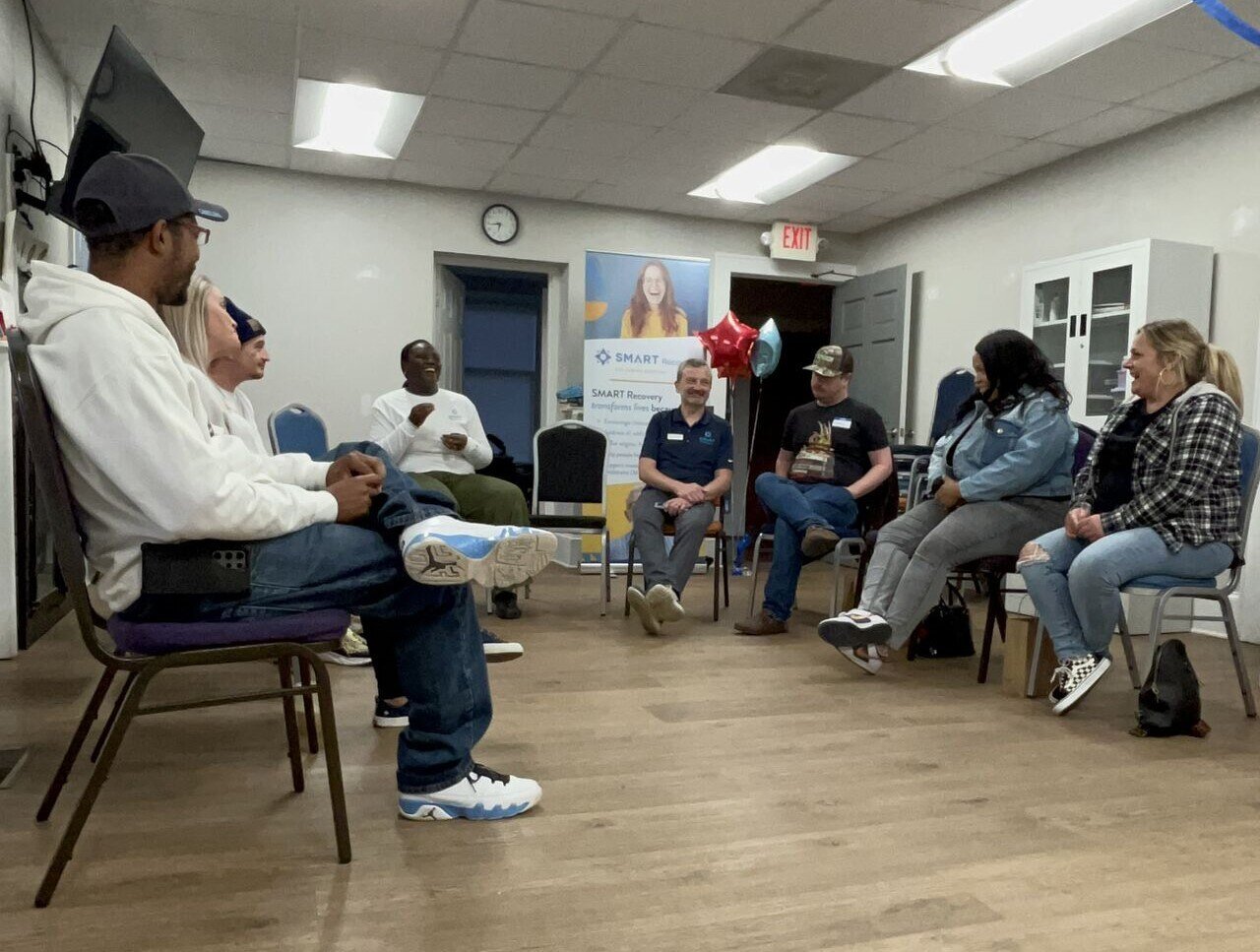Many SMART Recovery attendees participated in a national study over the past two years which compared 12-step groups to mutual help alternatives. (You may recall it as the PAL Study.) The overall goal of the study was to determine differences in membership, group participation, cohesion and satisfaction. The study was funded by the National Institutes of Health.
Study results have now been published in the “Journal of Substance Abuse Treatment”, and  the study found that people in recovery who attended alternative support groups experienced more cohesion and greater satisfaction when compared with members of traditional 12-step programs. (SMART Recovery, LifeRing and Women for Sobriety meeting participants were included in the study, as well as 12-step participants.)
the study found that people in recovery who attended alternative support groups experienced more cohesion and greater satisfaction when compared with members of traditional 12-step programs. (SMART Recovery, LifeRing and Women for Sobriety meeting participants were included in the study, as well as 12-step participants.)
Importantly, the study also revealed that SMART, LifeRing and WFS should be referred to by professionals – particularly to their clients who are less religious or may be unsure of their commitment to abstinence when first contemplating a mutual support program. To quote verbatim: “Results suggest differences across 12-step groups and their alternatives that may be relevant when advising clients on a choice of mutual help group. Meanwhile, findings for high levels of participation, satisfaction, and cohesion among members of the mutual help alternatives suggest promise for these groups in addressing addiction problems.” This is extremely helpful, and we hope the results of this study will continue the trend for treatment professionals to recommend SMART Recovery and other non-12-step alternatives to their clients.
Those who have benefited from SMART Recovery won’t find the study results surprising, but having additional research to support our mission and purpose (which includes: “to support the availability of choices in recovery”) is a huge achievement for SMART Recovery and  our colleagues at other non-12 step organizations.
our colleagues at other non-12 step organizations.
A summary of the study may be found here. Dr. Sarah Zemore and her team at Alcohol Research Group plan to publish further analyses examining how involvement in each group under the study (SMART, LifeRing, WFS and 12-step groups) relates to substance use outcomes at their 6- and 12-month follow-ups, which will provide additional information on the efficacy of each group. Stay tuned!
SMART Recovery would like to thank and acknowledge Dr. Zemore and her team for this important and supportive research!




